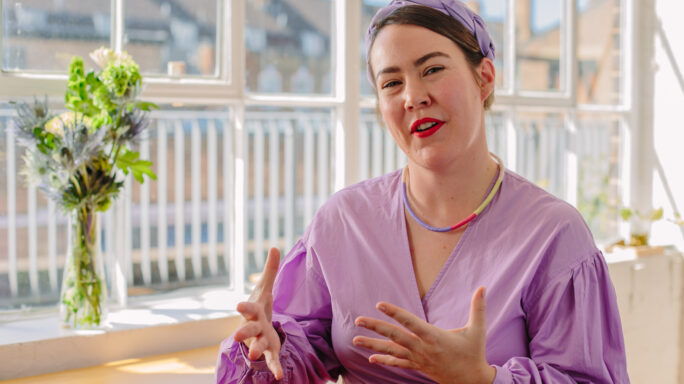Season 2: Unlocking productivity
3 surprisingly productive ways to respond to struggle

Productivity isn’t just about optimizing your most efficient route to success. It’s also about how you respond to the times when things don’t go to plan. When you hit a roadblock or a curveball, when you make a mistake, when a team member is struggling, or a client is unhappy.
How do you respond in these moments? Here are three phrases that will help you and your team unlock clearer thinking, better conversations and more productive results:
-
“Tell me more”
When a member of your team is struggling, it’s tempting to dive in with a fix or a solution. Especially if you have more experience, expertise, or insight to offer. But when we do this, we miss two key opportunities:
Listening to build empathy
When we jump straight to a solution we’re focused more on ourselves – as the expert, the solution-giver, the fixer. Saying “Tell me more” helps us to focus on the person, to listen and understand. They may not even be asking for a solution. They may just be expressing a challenge to which a response of empathy or affirmation can be more empowering than a fix.
Growth, learning and building an organisation of thinkers
Often I work with teams where there are a couple of highly-experienced people who get asked all the questions by more junior, less experienced members of the team. This leads to frustration as the senior staff don’t have enough time to do their own work. And at the same time, the juniors aren’t learning for themselves, because it’s quicker to ask someone else. The most productive businesses are those that are focused on building an organisation of thinkers, rather than just relying on (and overloading) those at the top.
-
“What happened there?”
How open are you to making mistakes? What about your team? It seems natural and productive to try and prevent mistakes from happening, but if we become too averse to them, we can end up creating an environment where it doesn’t feel safe to make a mistake. This is where we end up with the unproductive behaviours of double-talking, hiding, blame-shifting, as well as perfectionism and lack of trust.
It’s far more productive to foster an open and safe environment for mistakes to happen. You’ll probably have to do something about clearing up or making it right, but make sure you find the time to ask – with curiosity, rather than judgement – “what happened there?”
This is where you’ll discover good information that can lead to personal learning, a better process, or a stronger team. And indeed, some of our best innovations were born from mistakes!
-
“This is the work”
We often see struggle as work interrupted. The obstacle that’s getting in the way. The disruption that’s stopping us from getting things done. This means that we’re often just trying to get rid of it, get away from it, or get around it.
Here’s another way to think about it: “This is the work.”
So, when an email arrives from an unhappy customer – instead of responding with frustration, treating it as, “another complaint to get out of the way”, try telling yourself “this is the work.”
This will remind you that the most productive thing to do here isn’t just to deal with it as quickly as possible so you can get back to your to-do list, but to fully engage and see this as an opportunity: to understand and connect with your customer, to glean useful information that helps make your service or your business even better, and to build an even stronger relationship and customer loyalty than before.
Maximizing your productivity
Struggle can affect everyone at work at any level, whether you’re an experienced CEO, a new starter, or running your own business. Your natural instinct may be avoidance or getting over it as quickly as possible. But if you learn to pay attention, to think and talk about it with curiosity rather than judgement, you’ll find it can also lead to surprising opportunities of learning, growth and greater productivity.




